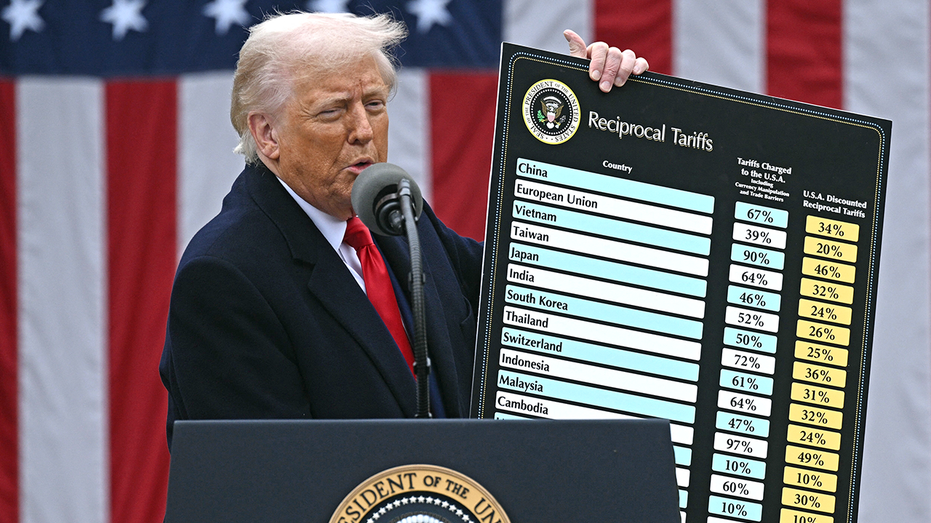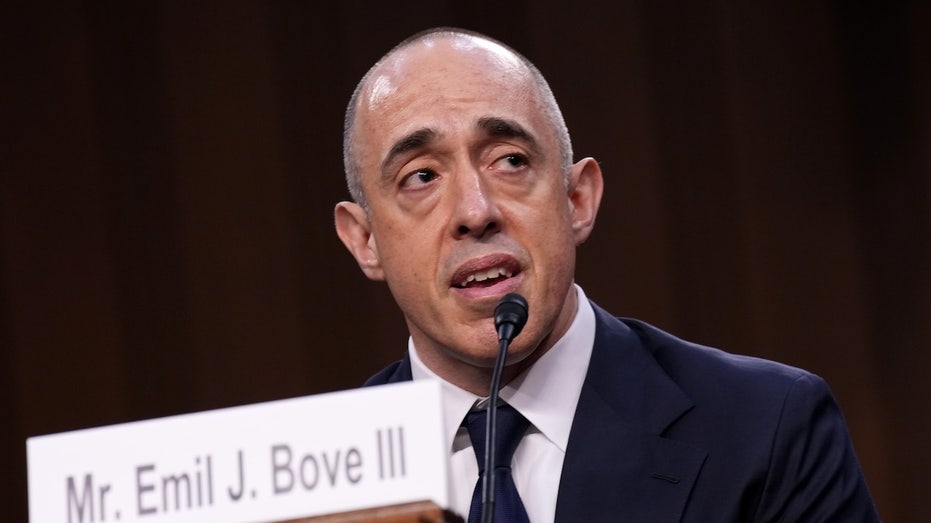Twelve States Take Trump to Court Over Tariffs, Calling Them ‘Illegal’ and Economic Kryptonite

Sarah Johnson
April 24, 2025
Brief
Twelve states, led by New York, are suing President Trump over new tariffs, claiming they're unconstitutional, economically damaging, and an illegal expansion of presidential power.
Twelve states are throwing down the legal gauntlet against President Donald Trump’s latest tariffs, arguing they’re not just bad for business—they’re flat-out illegal. In a lawsuit filed at the U.S. Court of International Trade, the states, led by New York, claim the president’s move to slap broad tariffs on imports without Congress’s blessing is a dangerous power grab that puts the entire U.S. economy at risk.
The heart of the states’ case is the Constitution itself. They’re saying, in no uncertain terms, that Congress—not the president—gets to set taxes and tariffs. The suit accuses Trump of stretching the International Emergency Economic Powers Act (IEEPA) way beyond what lawmakers intended, using it to justify trade policy on a scale never seen since the law was passed in 1977.
According to Gov. Kathy Hochul, Trump’s tariffs are "skyrocketing costs for consumers and unleashing economic chaos." She calls it the "largest federal tax hike in American history," and insists New York, with Attorney General Letitia James, is fighting back to save Americans from recession territory. AG James went a step further, labeling the tariffs as unlawful and warning they could trigger more inflation, job losses, and economic damage.
Since February 2025, the Trump administration has rolled out a series of executive orders imposing new tariffs on just about every major trading partner the U.S. has—including Canada, Mexico, and China. The White House justifies these moves with a mix of national emergencies, like drug trafficking and illegal immigration, but the suing states say these justifications are vague at best and legally shaky at worst.
Here’s where it gets particularly spicy: the IEEPA was designed to let presidents respond to "unusual and extraordinary" international threats, like terrorism or hostile foreign actors. No president has ever used it to slap tariffs on allies or trading partners—until now.
The lawsuit claims these tariffs were rolled out with neither congressional approval nor the legal findings needed for such sweeping trade actions. The states argue that, instead of fighting off some mysterious threat, the new policies are just fueling inflation, risking American jobs, and causing widespread economic jitters.
On top of the economic arguments, the states say the tariffs are flat-out unconstitutional, since they stomp all over Congress’s power to control taxes and trade. The complaint also throws shade at the administration’s ever-shifting trade policy—sometimes changed by executive order, sometimes by social media post—accusing it of creating market chaos and confusion.
Of course, the Trump team is not backing down. White House spokesman Kush Desai hit back, saying the administration is using every legal tool to confront national emergencies, from border issues to the ballooning trade deficit, and accusing Democrats of going on yet another "witch hunt." President Trump, never one to shy away from a microphone, insists the tariffs are making America richer and doubling down on his "America First" mantra.
But the states warn that letting Trump’s actions stand would set a dangerous precedent—basically giving any future president a free pass to hike taxes without Congress ever having a say. That’s a Pandora’s box that even Congress might want to keep closed.
Joining New York in this legal face-off are Arizona, Colorado, Connecticut, Delaware, Illinois, Maine, Minnesota, Nevada, New Mexico, Oregon, and Vermont. Together, they’re asking the court to put a stop to further tariff enforcement and declare the orders invalid—both constitutionally and under federal law.
Topics
Editor's Comments
Twelve states suing a former president over tariffs might be the most American way to settle a trade dispute—if only the Boston Tea Party had a legal team this good. Honestly, with this much back-and-forth about who’s allowed to collect taxes, Congress and the White House might as well start a group chat and hash out the emoji reactions in real time.
Like this article? Share it with your friends!
If you find this article interesting, feel free to share it with your friends!
Thank you for your support! Sharing is the greatest encouragement for us.



